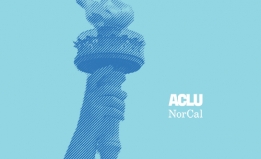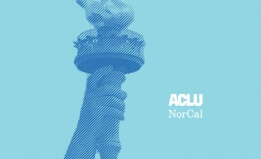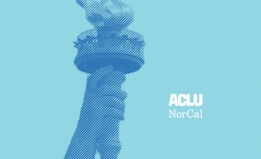Statistical Evidence That We Need a Privacy Law Upgrade
Apr 23, 2010
Two surveys caught our eye today. The surveys are on two different Internet privacy topics–location information and cloud computing–but both reveal how important it is that we reform electronic privacy law to clearly cover useful digital services. Updating electronic privacy law is necessary both to protect the users of these services and for the businesses who hope to encourage Americans that the...
Read More




